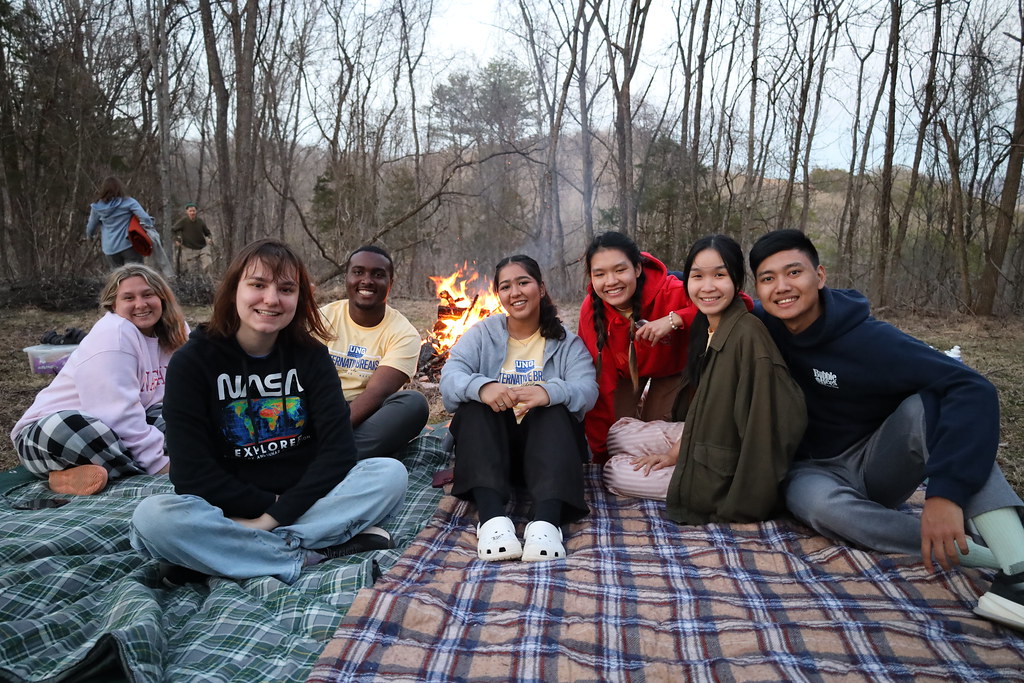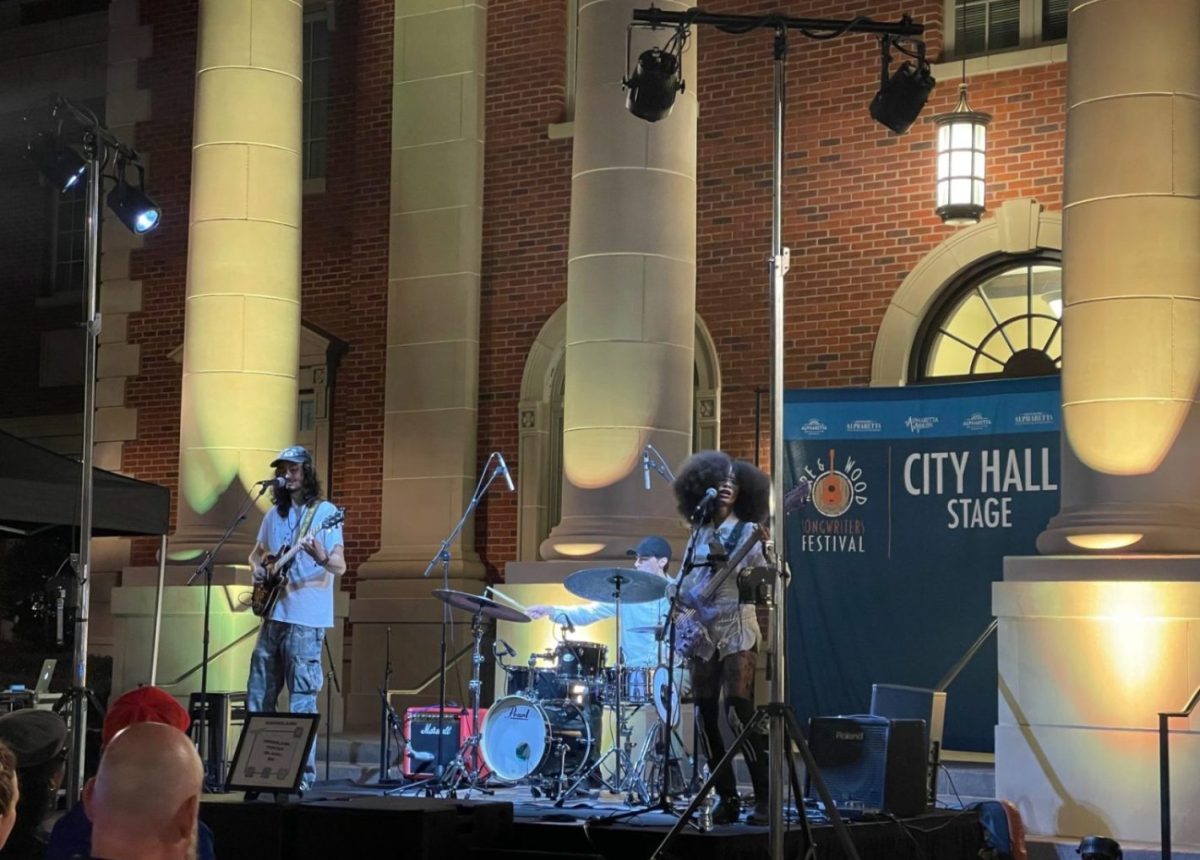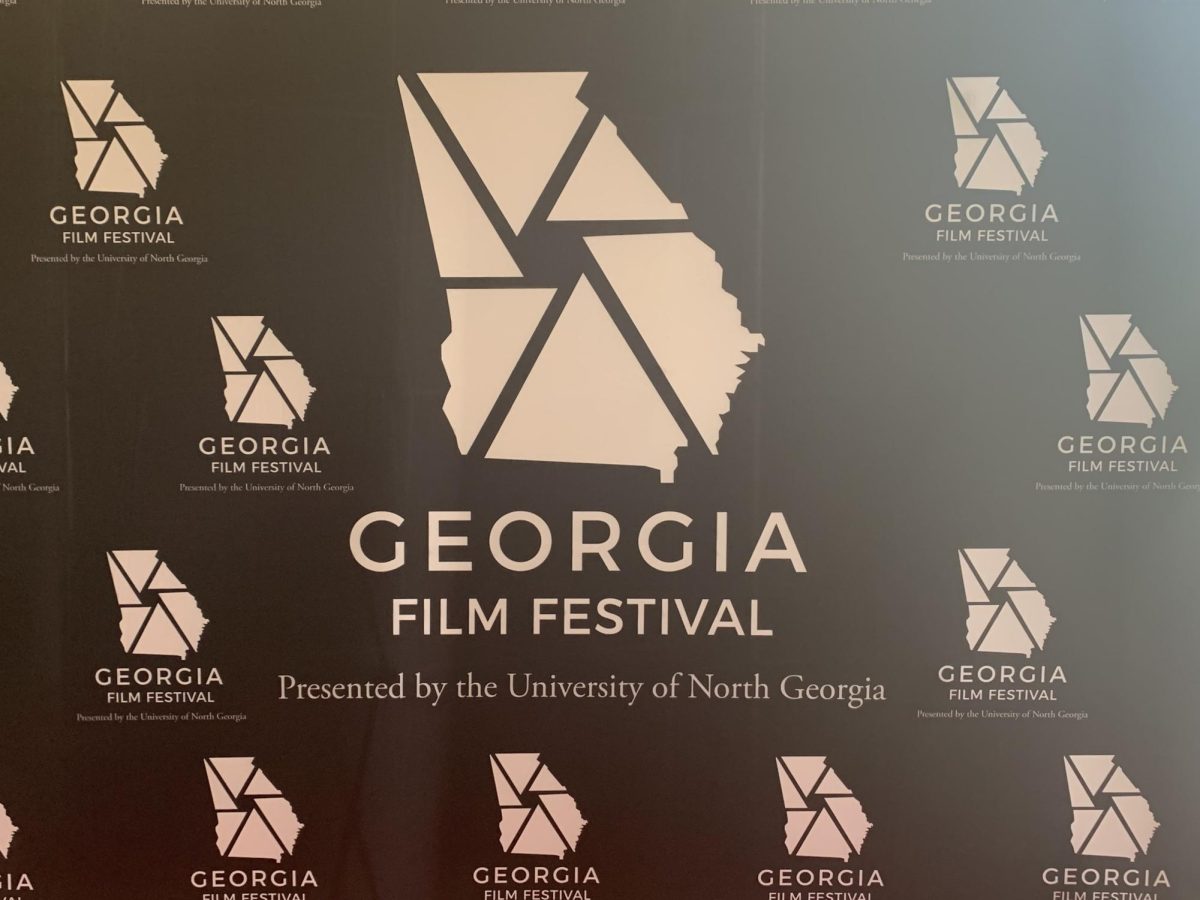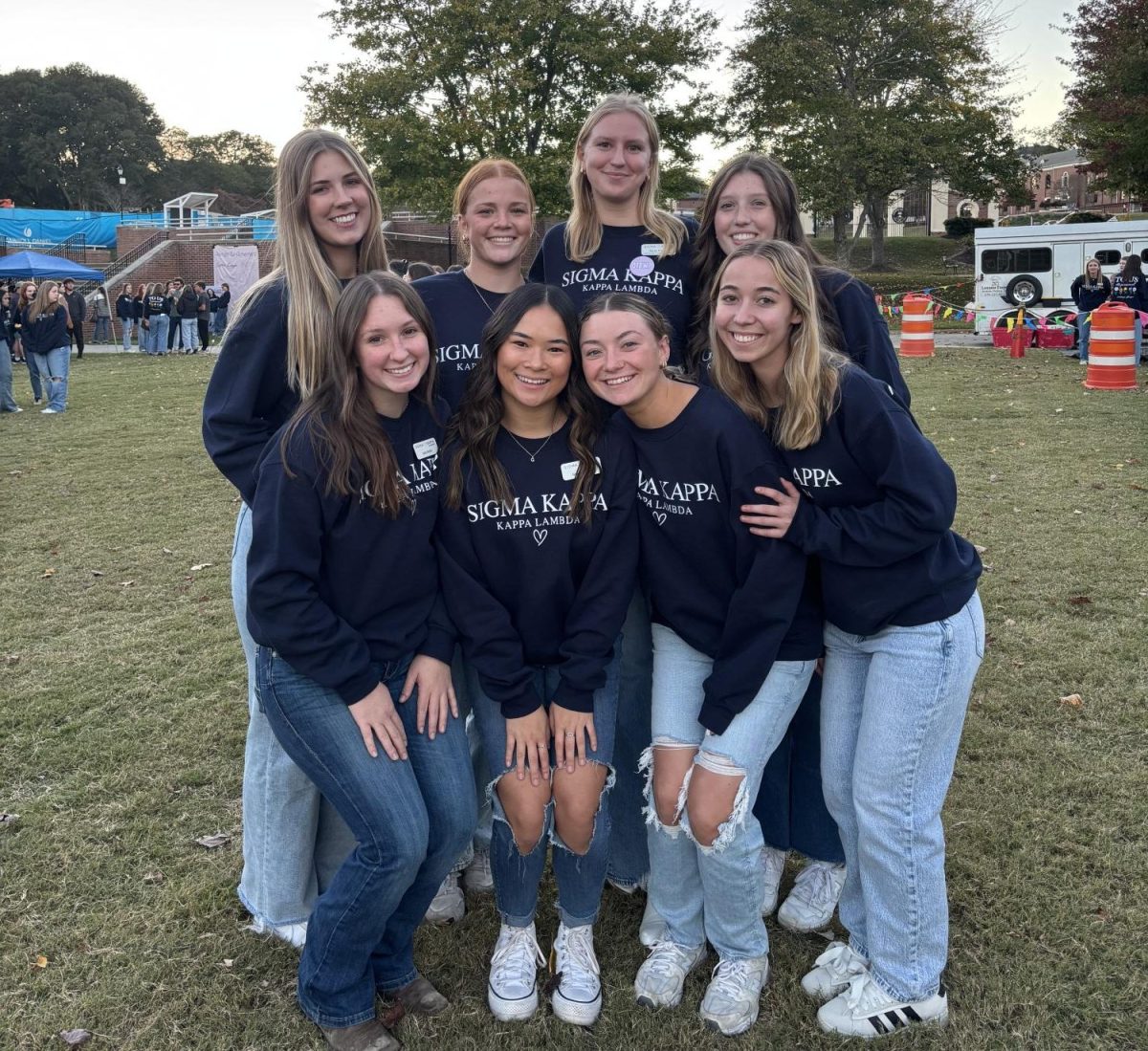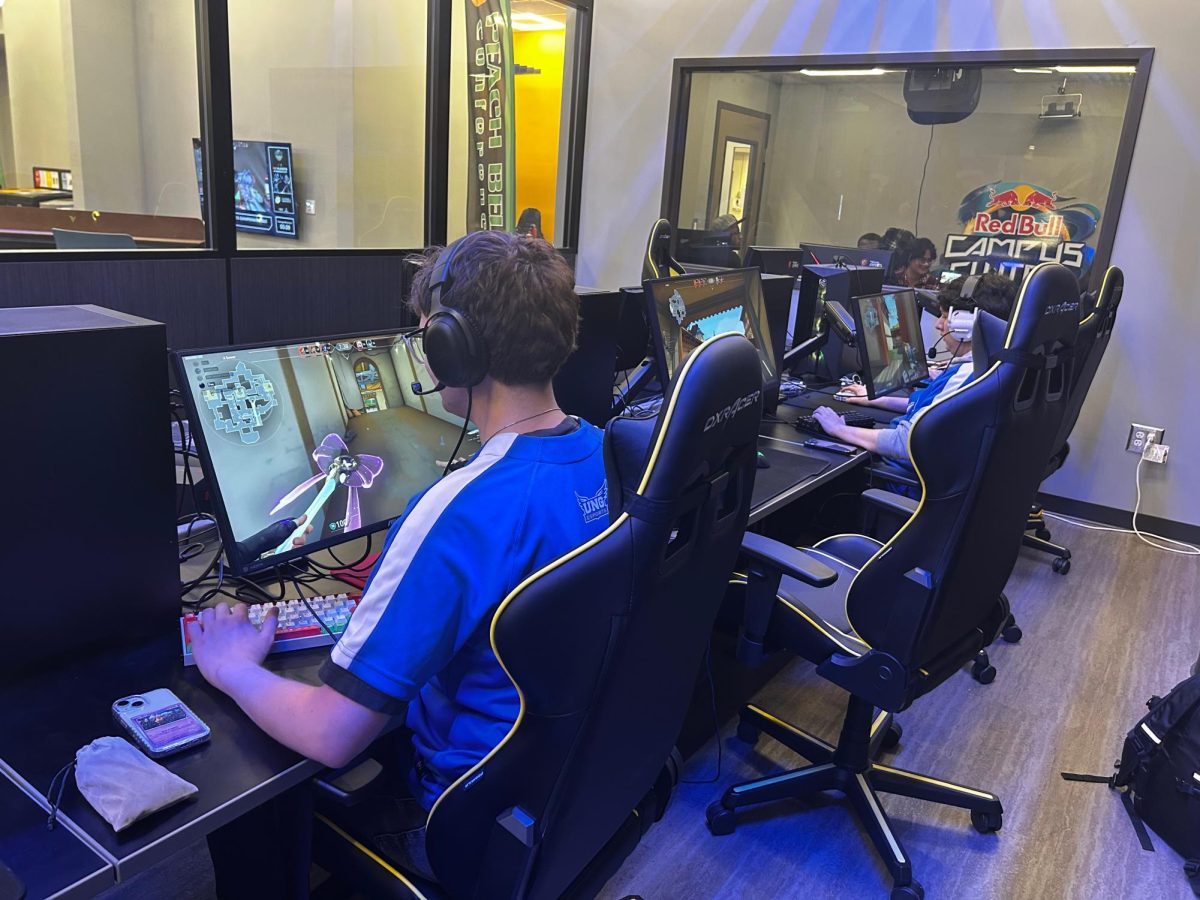In the past decade, the world of competitive gaming has grown from a niche pastime for video game enthusiasts to a billion-dollar industry. Now referred to as esports, schools at both the collegiate and high school levels have begun to invest in the growth of their programs, and the University of North Georgia is no exception.
UNG Esports Supervisor Nathaniel Hehl said the program was first established as a club in 2018 but grew after the Peach Belt Conference, which holds events under the National Collegiate Athletic Association, Division II, added esports to its competitive offerings.
“[The team] brought home a championship trophy in 2018 for League of Legends,” Hehl said. “… Every single semester, we participated in two titles, whatever Peach Belt had. And then, leading into 2023, we started playing more out of the state level and southern region level, Peach Belt Conference. Then it became a national tournament as well, where we joined the [National Esports Collegiate Conference], which is overall the largest conference you can join for esports.”
The PBC allows teams to play against each other in games such as “League of Legends,” “Overwatch,” “Rocket League” and “Valorant.” The conference currently has 10 member institutions located across Georgia, South Carolina and Florida. Meanwhile, the NECC is exclusively an esports conference that partners with over 400 colleges and universities throughout North America.
While the program is not considered a student club at UNG, it is still housed under the university’s Campus Recreation and Wellness department.
Hehl said UNG’s program currently has 65 members divided across several teams. Among them is senior cybersecurity student Jay Turner, who has played on the program’s “Valorant” team since his sophomore year. Turner recalled how the esports program has developed during his tenure on the team.
“We’ve gotten a lot more professional,” Turner said. “It used to be very student-led. I remember my first year, we kind of just got people together, and we had a main roster, and people just wouldn’t show up, so we just kind of threw people in. But now we have a more consistent schedule, a more consistent team, and it’s a lot more fun and a lot more official than it used to be.”
However, esports programs across the country are doing more than adding to the college experience. Playing the games can also bring monetary benefits to players. Hehl recalled one member of the program’s “Halo” team, Wyatt Gowan, who became the 2023 world champion of the game while competing in the Halo Championship Series. Hehl said Gowan was awarded $10,000 after winning the series’ free-for-all tournament. Gowan now plays the game professionally for Shopify Rebellion, a North American esports organization. Still, Gowan plays alongside his teammates at UNG.
“[Winning the tournament] was what really kickstarted my career into esports and competing for prize money and getting on a top team to earn a salary,” Gowan said. “…When I first came to UNG, I never knew we had an esports program. Once I joined, everyone was so excited to see someone like me join and really want to be involved. It’s a great environment for people to be involved in.”
Additionally, there are a variety of scholarship opportunities available through esports, with the National Association of Collegiate Esports awarding $16 million in scholarships in 2024.
Hehl said he believes the increased attention on esports comes from an overall shift in perspective for video games.
“The reality also is that it’s an extremely lucrative market for brand engagement, and so there’s a lot of sponsorships that can happen,” Hehl said. “And through that, you get viewership.”
Hehl said that unlike contact sports, video games are generally more accessible, as communities can be built virtually, making it easier to find others who share a love for the game regardless of geographical location.
“A lot of people can’t go play football in the backyard… everyone can go pick up a controller and play these video games. And most, if not all of them are free. So the access to them is huge. But most importantly, the current generation of children that are young adults, that are graduating high school and finally getting to college, they all play it. 97% of campus enrolled students play video games. So because of that, that is a huge metric.” – Nathaniel Hehl, UNG Esports Supervisor











